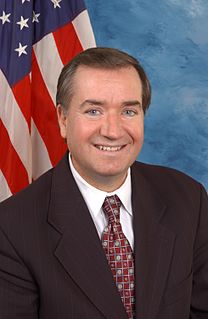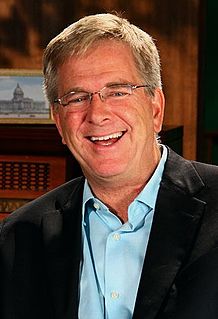A Quote by Ishmael Beah
Whenever I speak at the United Nations, UNICEF or elsewhere to raise awareness of the continual and rampant recruitment of children in wars around the world, I come to realize that I still do not fully understand how I could have possibly survived the civil war in my country, Sierra Leone.
Related Quotes
I was born and raised in Liberia in West Africa. My mother is Sierra Leonean, and my father's Liberian. I grew up at a time when there was a lot of civil unrest in both countries, so when something would happen in Liberia, we'd go to Sierra Leone, and when something would happen in Sierra Leone, we'd go back to Liberia. We moved to save our lives.
I was one of those children forced into fighting at the age of 13, in my country Sierra Leone, a war that claimed the lives of my mother, father and two brothers. I know too well the emotional, psychological and physical burden that comes with being exposed to violence as a child or at any age for that matter.
You could say I was born into entrepreneurship. My grandmother, who was from Sierra Leone, was left to raise four children in the 1940s in a rural village in West Africa after becoming a young widow. To support her family, she made natural skin and hair care preparations and sold them primarily to missionaries and villagers.
Well, my view before was a Western view, and I certainly understand marriage equality and civil rights, equal rights for all, but having visited developing nations and some of the poorest nations in the world, I realize how deep it goes and how much work really needs to be done to create equality for all.
The United States presents a value system to the world that is based on democracy, based on economic freedom, based on individual rights for men and women, .. I think that is what makes us such a draw for nations around the world. People come to the United States to be educated, to become Americans. We are a country of countries and we touch every country, and every country in world touches us.
The casualties in the Civil War amount to more than all other wars - all other American wars combined. More people died in that war than World War II, World War I, Vietnam, etc. And that was a war for white supremacy. It was a war to erect a state in which the basis of it was the enslavement of black people.































